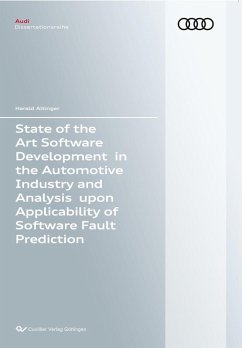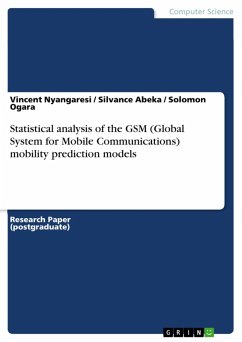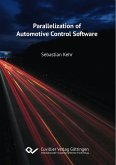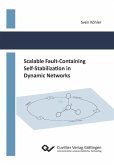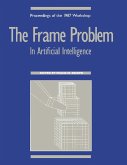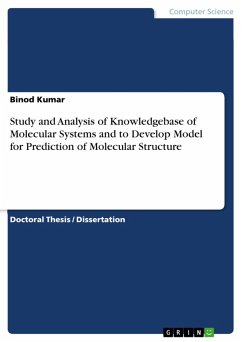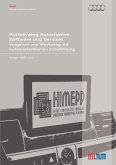In recent years the amount of software within automobiles has increased up to 100 Million LOC in modern day premium vehicles. Virtually all innovations in automotive engineering in the last decade include software components. Parallel to this increasing amount, testing becomes more vital. Automotive software development follows restrictive guidelines in terms of coding standard, language limitations and processes. Traditionally testing is a core part of automotive development, but the raising number of features increases the time and money required to perform all tests. Repeating them multiple times due to programming errors might jeopardises a cars introduction on the market. SFP is a new approach to forecast bugs already at time of commit, thus to guide test engineers upon defining testing hotspots. This work reports on the first successful application using model driven and code generated automotive software as a case study and a success prediction rate up to 97% upon a bug or fault free commit. A compiled and published dataset is presented along with analysis upon the used software metrics. Performance data achieved using different machine learning algorithms is given. An indepth analysis upon factors preventing CPFP is conducted. Further usage and practical application areas will conclude the work.
Dieser Download kann aus rechtlichen Gründen nur mit Rechnungsadresse in A, B, BG, CY, CZ, D, DK, EW, E, FIN, F, GR, HR, H, IRL, I, LT, L, LR, M, NL, PL, P, R, S, SLO, SK ausgeliefert werden.

